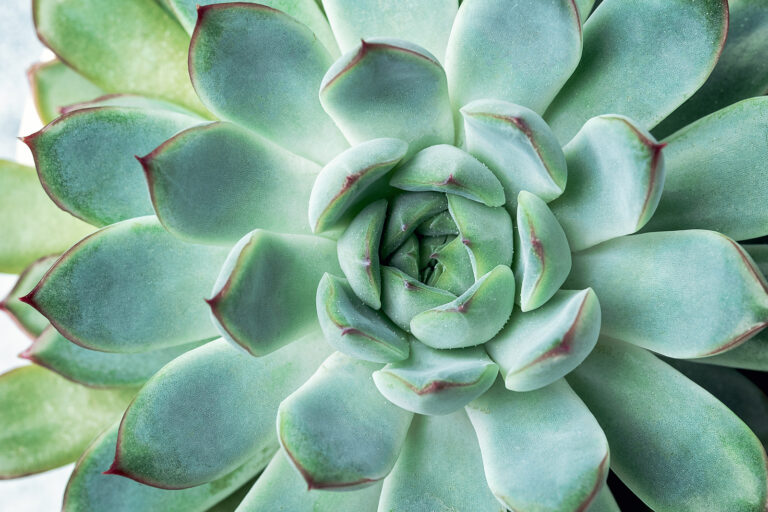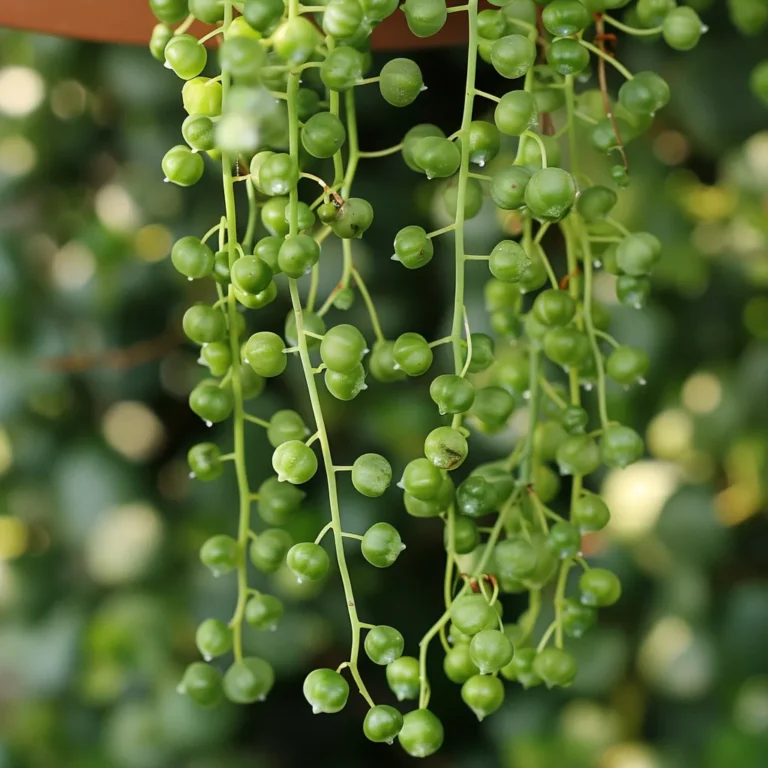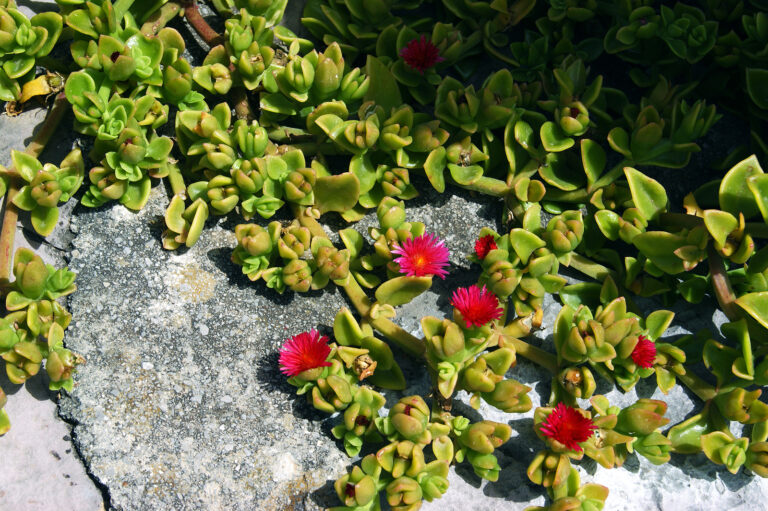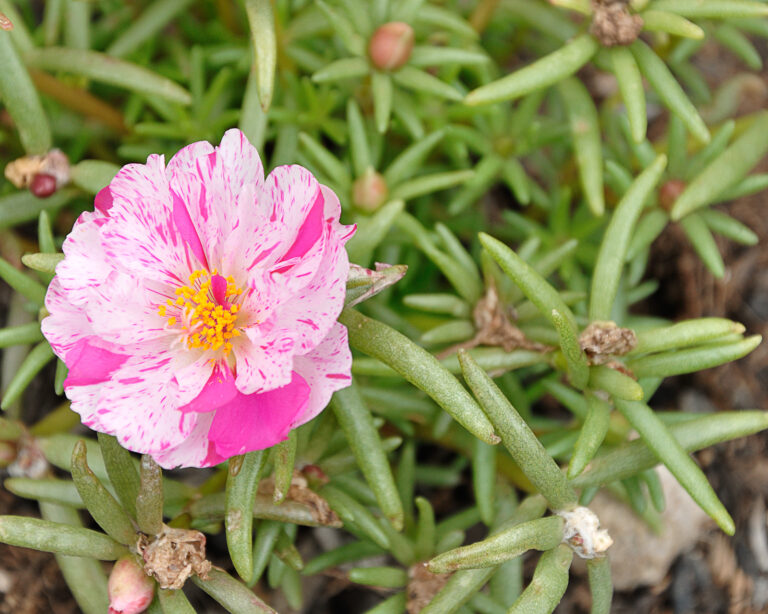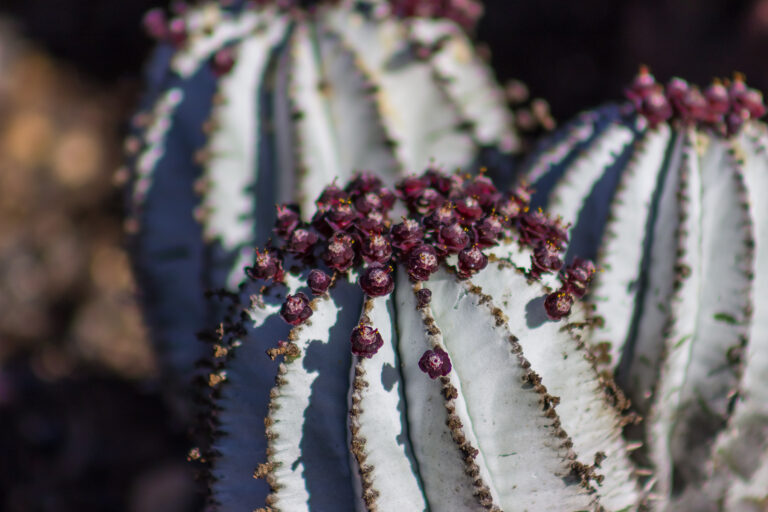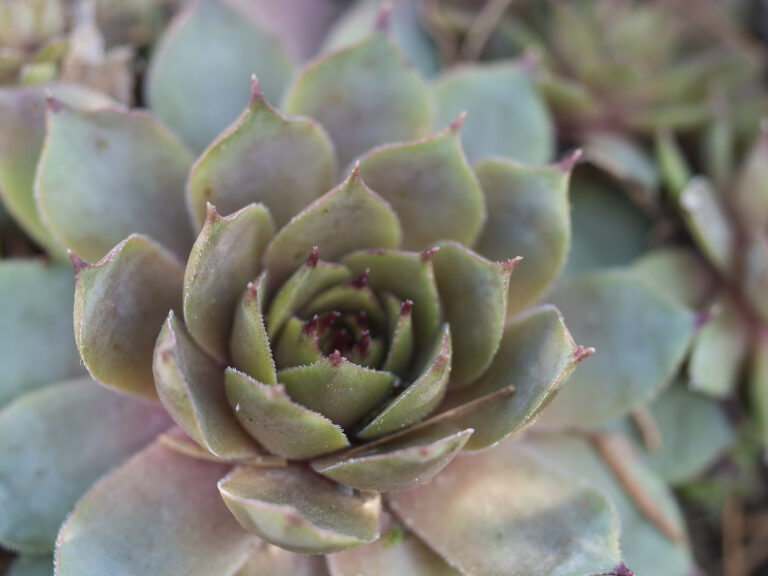Seven Beautiful Succulents to Grow Indoors
Succulents are exceptional choices for indoor gardening due to their adaptability, low maintenance needs, and diverse range of colors, shapes, and textures. Their ability to store water in their leaves allows them to thrive in environments where other houseplants may struggle, such as in dry indoor air or places where watering is often overlooked. Many…

